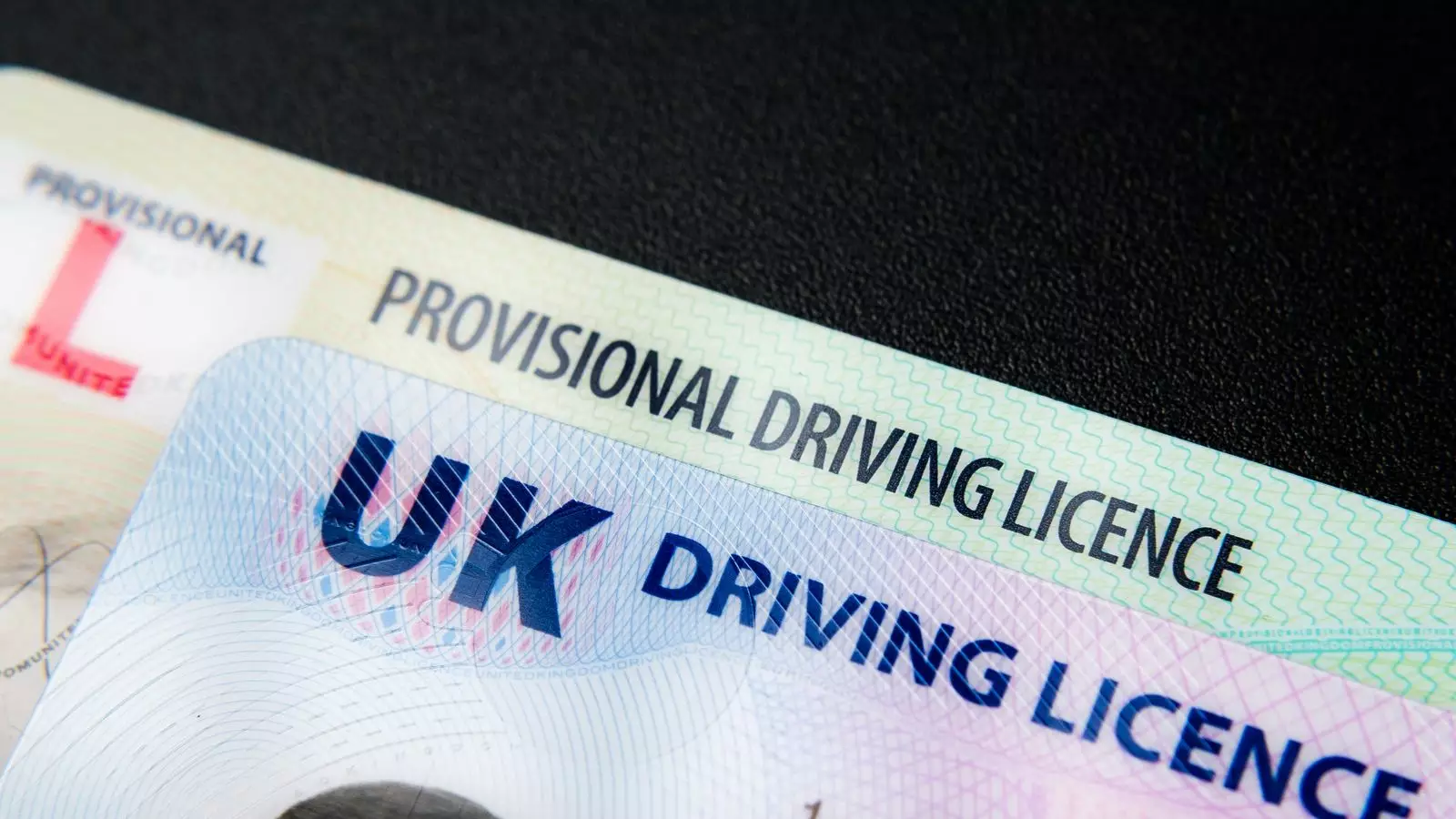The United Kingdom stands out among developed nations for its notable absence of a national identification card system. Recent findings from Sky News’ Sunday Morning with Trevor Phillips reveal that of the 38 member countries within the Organisation for Economic Cooperation and Development (OECD), only six—most of them English-speaking—lack an ID scheme. These include the United States, Canada, Australia, Ireland, New Zealand, and, notably, the UK. This curious circumstance opens the door to questions and discussions about the practicality, benefits, and ethical implications of adopting digital identification systems in Britain.
The discussions surrounding digital ID cards have resurfaced following an opinion piece by former Prime Minister Sir Tony Blair in the Daily Mail. He advocated for a modernized identification system, suggesting that advancements in technology could streamline governance while reducing fiscal burdens on the government. Sir Tony posited that a national ID card could lead to lower taxes and improved public service outcomes. He stated, “Our present system isn’t working,” which raises an essential point regarding the efficiency of current bureaucratic practices.
Reflecting on the past, compulsory ID cards were once a cornerstone of Blair’s government initiatives but were abandoned under the coalition government, revealing the contentious nature of the subject. Blair’s Institute for Global Change estimates that launching a digital ID scheme could incur a startup cost of approximately £1 billion and maintain annual expenses of around £100 million; however, potential annual savings for the Treasury could reach £2 billion. This stark disparity points to the promise of a digital ID in enhancing governmental efficiency, yet the financial implications cannot be overlooked.
Further analysis from 2019 by consultancy firm McKinsey proposed that a strategic rollout of ID cards could potentially boost the UK’s GDP by as much as 3%. Such growth would derive from the diminishing bureaucracy and enhanced accessibility to public services that a national ID system would facilitate. The promise of increased efficiency in service delivery is enticing, particularly in an era where technology infiltrates nearly every aspect of daily life.
Nonetheless, the question remains—can the benefits outweigh the inherent risks associated with such a significant policy change?
As with most technological advancements, the debate surrounding digital ID cards is laden with privacy concerns. Opponents caution that a national identification system might compromise civil liberties, creating a foundation for a surveillance state where citizens’ movements and actions could be tracked. The concern for privacy is not unfounded; across the globe, the implementation of ID cards varies significantly, with countries like Chile and Turkey mandating their citizens to carry identification at all times.
In recent years, nations such as Norway, Hungary, and Japan have opted to introduce ID systems, navigating similar dilemmas as the UK faces now; balancing innovation while guarding civil liberties. The discourse must consider whether the necessary safeguards can be implemented effectively to protect citizens’ rights without stifling the intended benefits of such a scheme.
Currently, the UK government appears indecisive regarding the integration of digital ID cards into its systems. Recent statements from officials such as Business Secretary Jonathan Reynolds indicated that the Home Secretary would examine various pieces of advice regarding the issue. However, conflicting messages within the same day created ambiguity regarding whether digital IDs are indeed a priority for the administration.
The government’s introduction of legislation aimed at creating “digital identities” raises further questions. These identities would be opt-in rather than mandatory, allowing individuals to choose whether to include certain data, like biometric information or addresses, within their digital framework. Ministers have emphasized that these identity markers should not be conflated with obligatory ID cards—a necessary distinction in an increasingly privacy-conscious public.
As the conversation around digital ID cards continues to unfold, it is crucial for all stakeholders—from policymakers to citizens—to engage in an open and transparent dialogue. The potential for streamlined administration and fiscal benefits must be carefully weighed against the fundamental right to privacy. The UK finds itself at a crossroad where embracing technological advancements could lead to improved governance, yet each step forward must prioritize safeguarding civil liberties.
Ultimately, the journey towards a comprehensive digital ID solution demands patience, pragmatism, and consensus. It is not merely a question of whether to implement digital identification, but how to do so responsibly in order to serve the greater good without infringing on individual rights. The balance between progress and privacy will determine the future of identification in the UK.


Leave a Reply